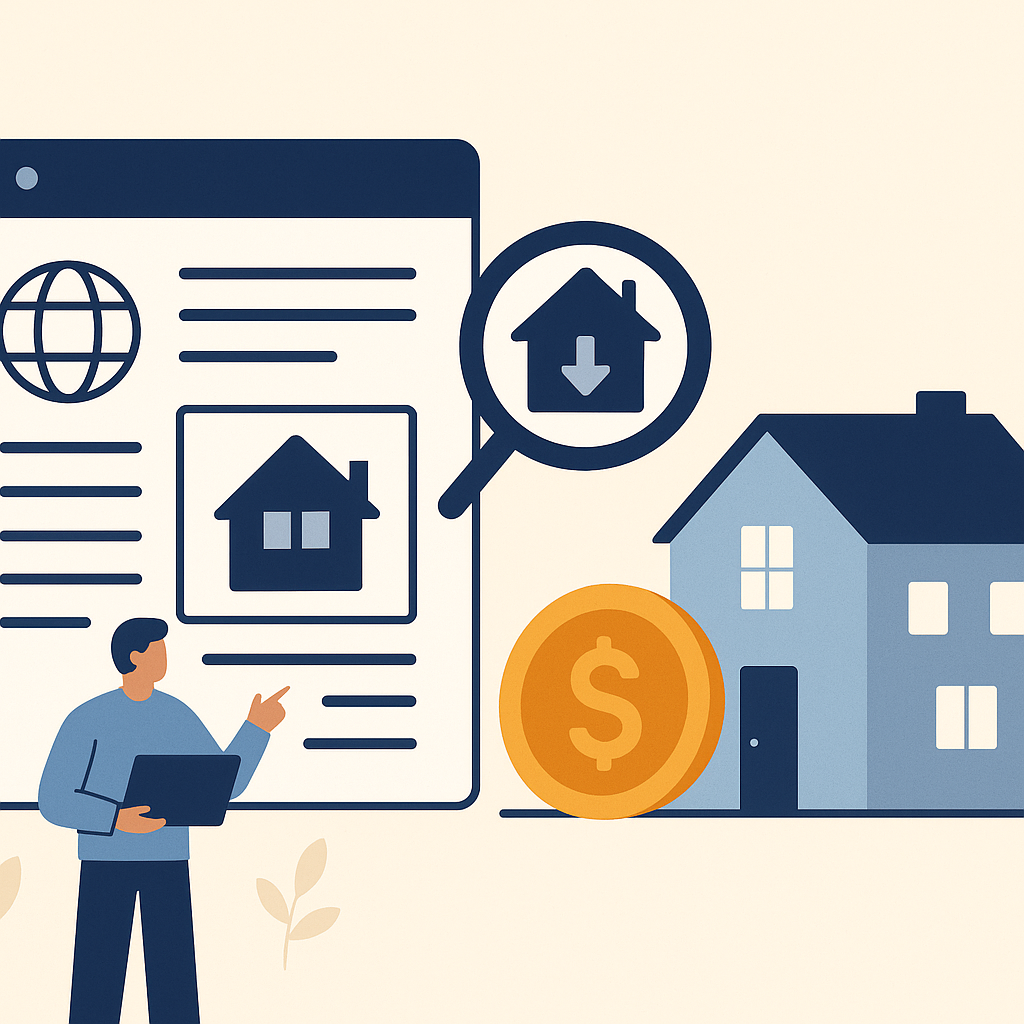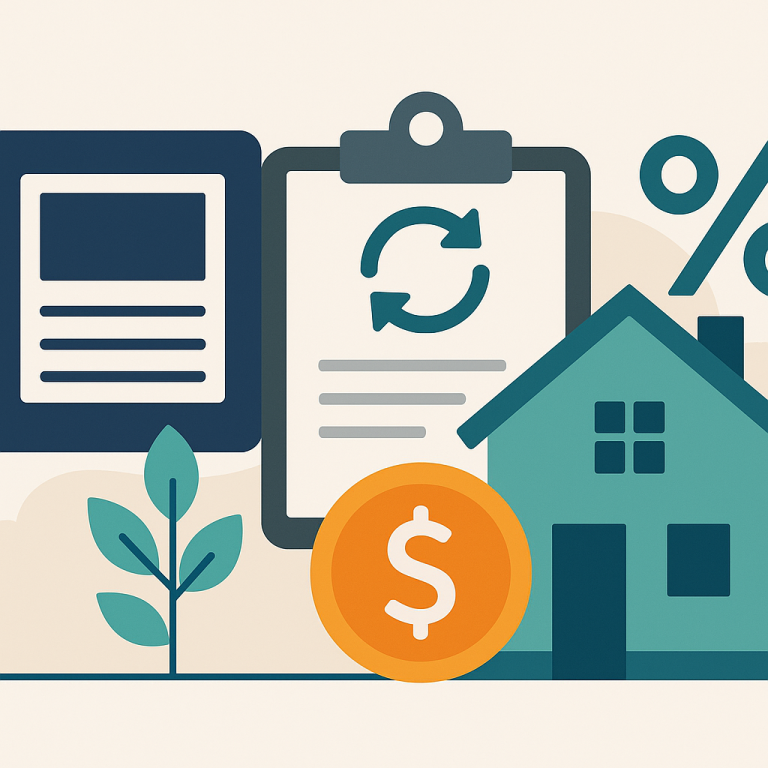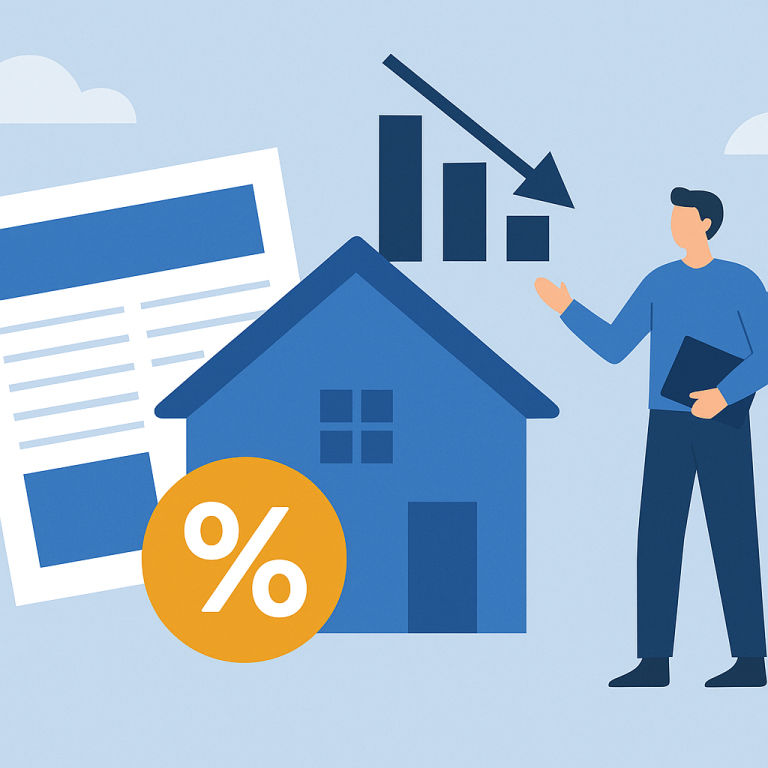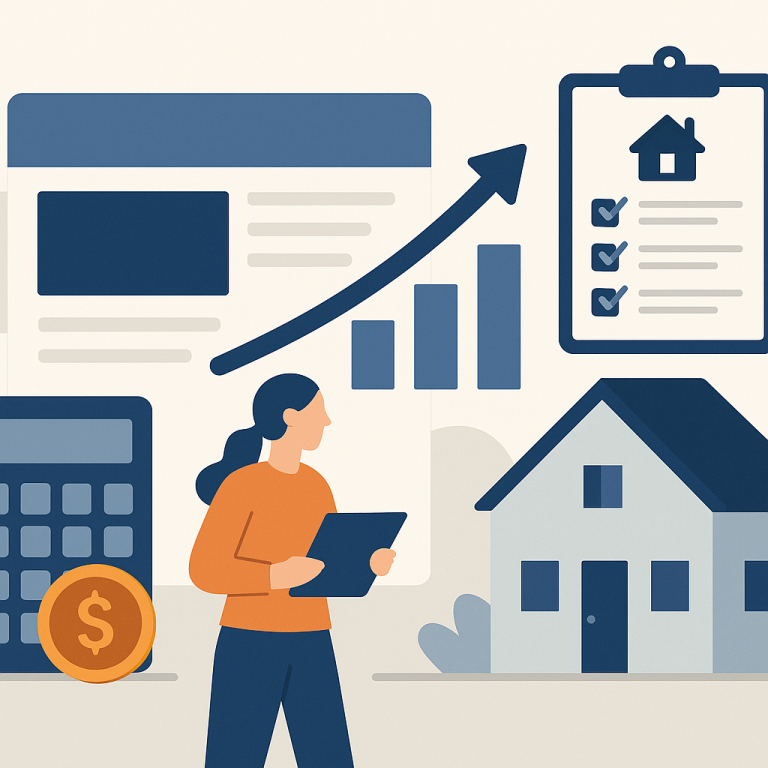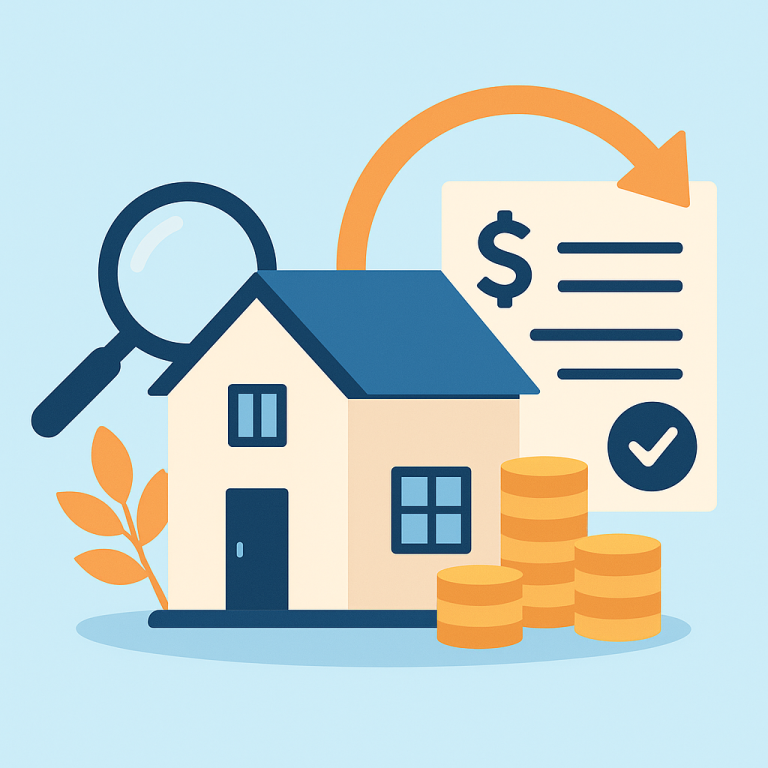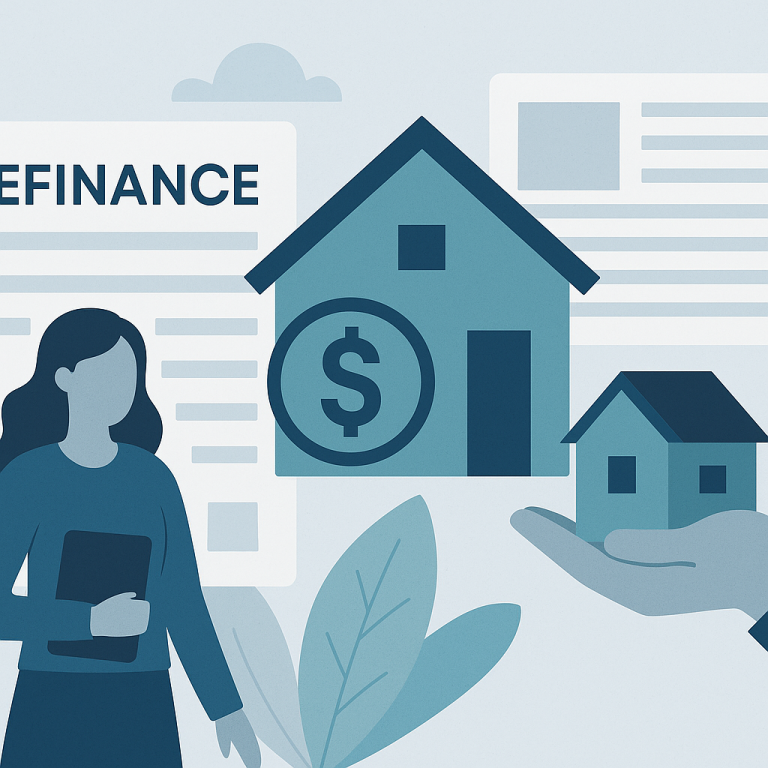Major Mortgage Lenders Cut Refinance Fees, Lowering Closing Costs For Borrowers
At a glance: Lower refinance fees and closing costs and how it could affect refinancing decisions.
Lenders have cut refinance origination fees, reducing closing costs and shortening breakeven timelines for many borrowers.
What Lower Refinance Fees Mean for Borrowers
As market interest rates show signs of stabilization after a period of volatility, a growing number of homeowners are weighing refinancing options that shorten the remaining term of their mortgage. Financial professionals and lenders report increased interest in moving from standard 30-year loans to shorter terms or otherwise restructuring debt to prioritize faster principal repayment.
Borrowers considering a shorter-term refinance are typically motivated by two goals: reducing total interest paid over the life of the loan, and accelerating equity buildup. For homeowners who can comfortably absorb a higher monthly payment, a shorter-term mortgage can offer a deliberate move toward debt freedom without changing the property or lifestyle.
Why more borrowers are choosing shorter terms now
Several dynamics are contributing to the trend. Recent rate stability has provided a clearer backdrop for long-term planning, making borrowers and advisers more comfortable locking in new terms. In addition, renewed attention to household budgets after unexpected economic shocks has shifted priorities toward reducing liabilities.
Lenders have responded by offering a range of refinance products designed to appeal to different financial objectives: straight term-reduction refinances, hybrid options that combine rate adjustment with term change, and cash-out refinances that allow homeowners to access equity while shortening or keeping the term. The net benefit for many is a materially lower lifetime interest obligation versus remaining on a longer-term loan.
Who benefits most from a shorter-term refinance
Not all homeowners will find a shorter-term refinance advantageous. The most suitable candidates generally include those who:
- Have stable income and an emergency reserve sufficient to handle moderately higher monthly payments.
- Plan to stay in their homes long enough to realize the interest savings from refinancing costs.
- Already have equity in the property, which can make lenders more willing to offer favorable terms.
Homeowners approaching retirement or those with tight monthly cash flow may prefer alternatives, such as rate-and-term refinances that keep the same monthly payment or adjustable-rate products with predictable initial periods.
Steps homeowners should take now
Before initiating a refinance, borrowers should take a methodical approach:
- Review remaining loan term and current interest rate to calculate potential lifetime interest savings under different term scenarios.
- Obtain multiple lender quotes to compare estimated closing costs, fees, and loan terms rather than relying on a single offer.
- Factor in non-rate considerations such as prepayment penalties, escrow adjustments, and any credit-score impacts of a new application.
- Run sensitivity checks to ensure higher monthly payments remain affordable in case of income variation or unexpected expenses.
Bottom line for homeowners
Refinancing to a shorter-term mortgage can be an effective strategy for homeowners focused on reducing total interest costs and building equity faster, particularly when market rates are relatively stable. Success depends on individual cash flow, equity position, and long-term housing plans. Careful comparison shopping and clear modeling of outcomes will help homeowners decide whether a term-reduction refinance aligns with their financial goals.
META: refinancing-shorter-term-stability-homeowner-takeaways

